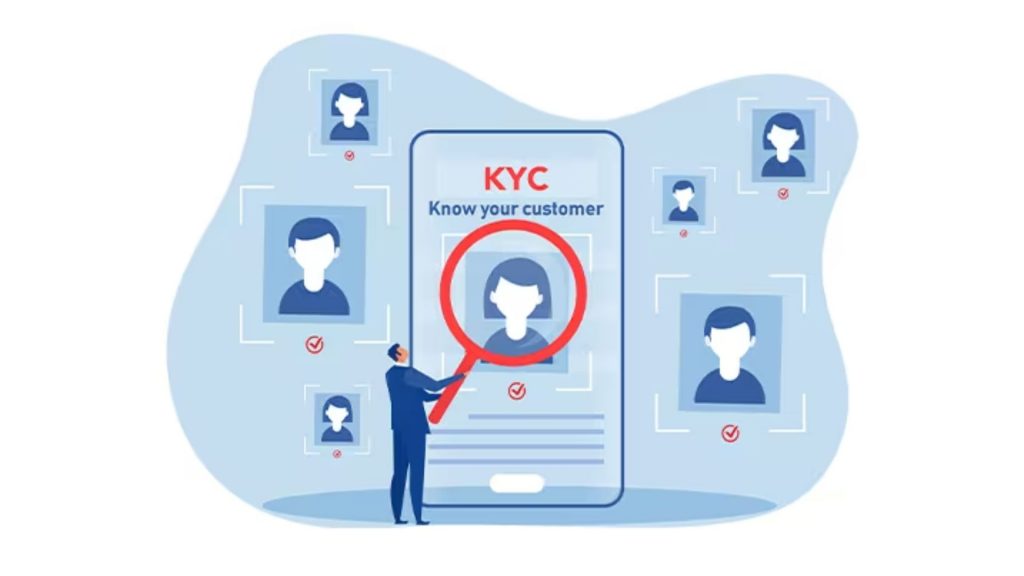
Know Your Business (KYB), sometimes referred to as corporate verification, is a crucial step in the anti-money laundering (AML) procedure for companies. Using KYB methodologies, compliance officers and company owners may create strict onboarding rules for suppliers, partners, investors, and consumers.
These regulations help in preventing shady account activity and transactions. Not only do businesses need it, but small businesses and other quickly growing startups, which don’t necessarily have the same specialized compliance department as corporations, are finding it more difficult to handle this issue. Thus, it is vital for various corporations and organizations to determine whether they are collaborating with a genuine business or if it is only a front.
Businesses may more easily confirm a company’s identity, validity, background, and history via necessary KYB checks for corporate verification and guarantee regulatory compliance. Thus, it helps in developing a more secure and money-laundering-free environment.
Significance of Corporate Verification
Corporate verification is essential because it enables businesses to confirm the identity of their customers, particularly other businesses. It’s a crucial step in the onboarding process when a business takes precautions against fraud and identifies any dangers related to a third party or consumer.
Furthermore, there is a growing need for corporate KYC compliance due to the changing regulatory environment. Businesses must safeguard the safety and security of their B2B connections as more procedures come under AML inspection, fines become harsher, and consumers’ worries about data privacy get bigger.
What Advantages Does Corporate KYC Offer Businesses?

All companies subject to regulatory compliance must take precautions against engaging in money laundering or other illicit activities. Corporate KYC checks are not legally needed, but it is risky and unlawful for businesses to assist in criminal activities.
Three crucial elements show how businesses might profit from corporate verification:
- Safeguarding a Brand
Any brand that neglects to do corporate KYC checks risks receiving bad press and losing investors or consumers. Corporate verification, for instance, may be used by e-commerce platforms to establish a foundation of confidence among all users who have successfully completed the verification procedure.
- Prevention of Fraud
Corporate KYC checks may lessen the chance of fraud and damage to one’s image. If prospective business partners are vetted before forming a partnership, the business is less likely to engage in dubious activities.
- Compliance
Respecting corporate KYC rules is essential for sectors. There are consequences for noncompliance, such as heavy fines or jail time. Establishing solid corporate KYC standards may also assist businesses in developing a positive reputation for compliance, which is advantageous for luring clients and investors.
Also read: step up your scrubs styles with these modern trends
The Crucial Steps in Corporate KYC

Verifying the company’s existence and legal compliance is the first step in the corporate KYC check process. This gives the business doing the corporate verification have peace of mind that the financial transactions of their possible partner are legal.
Once the legitimacy of the firm has been established, it is essential to investigate the background of the persons operating it. By confirming that they are law-abiding people, this procedure helps to reduce the possibility of legal or reputational problems. Other crucial advice that will support companies doing corporate KYC checks is as follows:
- Assembling Stakeholder and Corporate Data
Consisting of the company name, geographical location, and corporate KYC records, including the certificate of incorporation. These particulars will reveal if the business is a shell company. Remember to include details on the UBO (individuals holding a quarter or more of the company’s equity). At the very least, go over their names, birth dates, residences, and identifying numbers.
- Verification of Gathered Information
The obtained data has to be verified and cross-checked in order for the corporate KYC procedure to be finished. Businesses must, for example, ensure that each UBO is a genuine person and not on any local or international watchlists or sanction lists after confirming the UBO’s identification. This protects companies from dishonest people.
- Determination of the Worth of Business Relationships
Based on the information gathered during the corporate KYC check, businesses must assess the degree of risk associated with doing business with the assessed organization. Businesses may assess the relationship’s possible advantages, including access to new markets or services, by using this information. Corporate verification helps businesses make decisions about possible business partners, even if its main uses are to help businesses comply with regulatory requirements and protect themselves from dishonest individuals.
Conclusion
Corporate verification is a procedure that helps businesses make wise choices, reduce risk, and make sure the people they choose for partnerships or employment fit the company’s criteria and ideals. It is crucial for companies to conduct ethical screenings that comply with all applicable laws and regulations to protect business rights and privacy. Nevertheless, business verification serves as a great way to eliminate the challenge of financial fraud in the corporate sector.






